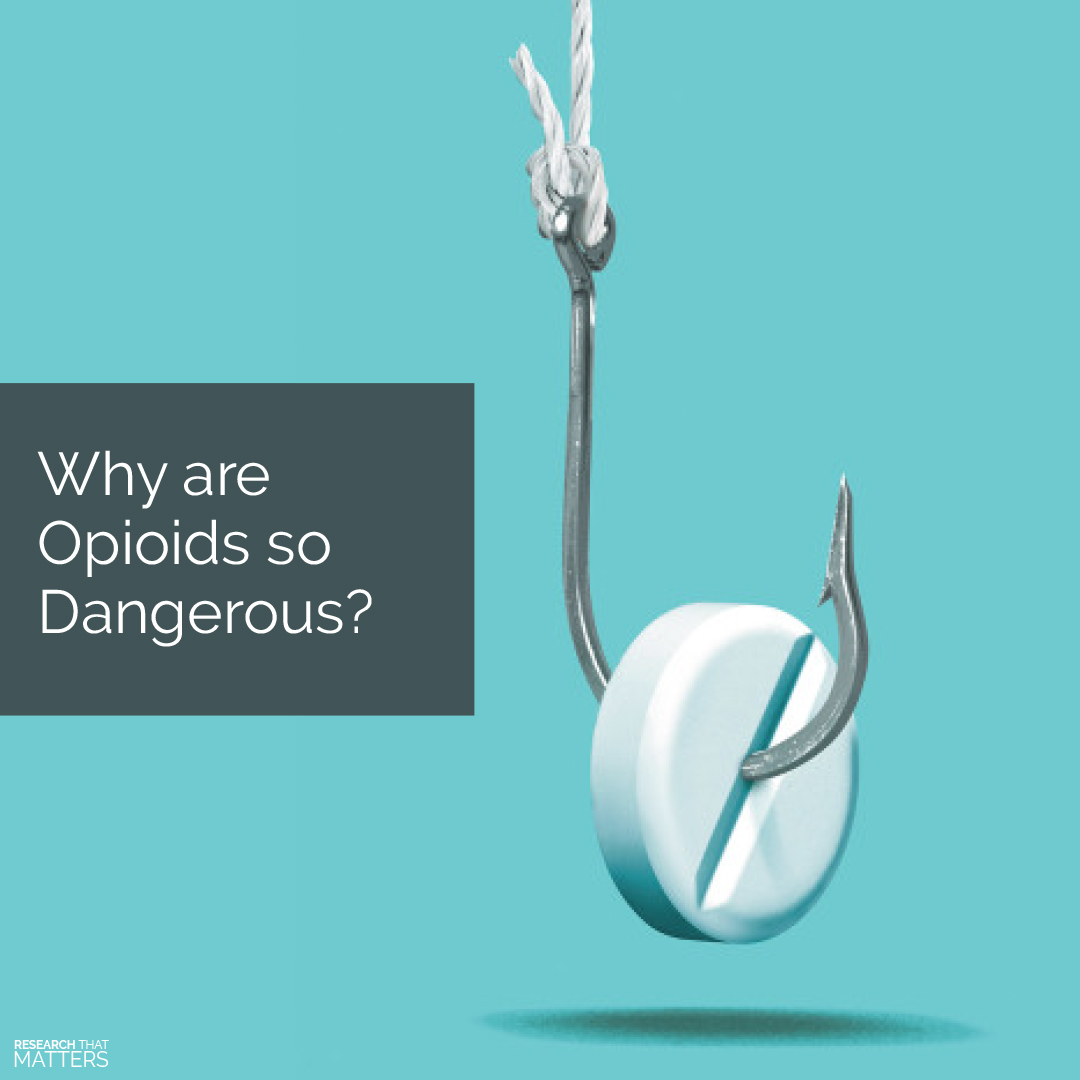
Bottom Line:
It’s estimated that over 200 million opioid prescriptions are written each year. This use and abuse has led to an epidemic that’s been fueled by chronic pain.
Opioids temporarily hide pain by attaching to receptors in the brain and boosting feelings of pleasure.
Unfortunately, they do nothing to stimulate healing, leading to a pattern of pain, medications, more pain, and more medications.
The good news is that there is a better way to find relief.
Why it Matters:
Opioids are in the same family of drugs as heroin, and some opioid medications are thought to be even more addictive.
The temporary relief that they offer comes at a steep price.
In lower doses, opioids can cause drowsiness or dizziness. In higher doses, they can cause your breathing and heart rate to slow down to dangerous levels.
The most dangerous aspect of opioids is the addiction rate of up to 30%.
Here’s a quick overview:
- Opioids bind to the receptions in your nervous system that block pain and produce intense euphoria.
- Tolerance on opioids can occur within a matter of days.
- Withdrawal symptoms are severe and can lead to addiction.
Next Steps:
Nearly all the latest healthcare guidelines have stopped recommending opioids for non-cancer pain.
In most cases, these drugs should not be taken for chronic pain or back pain.
Where do you start to find relief without these dangerous drugs? Call us today.
We’ll schedule a complete evaluation to discover the root cause of your pain, and, together, we’ll find better ways to help you get back on your feet.
Science Source(s):
What are Opioids and Why are They Dangerous? Mayo Clinic. 2018.
